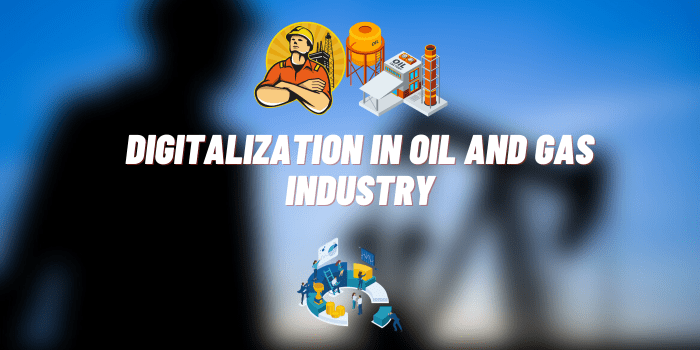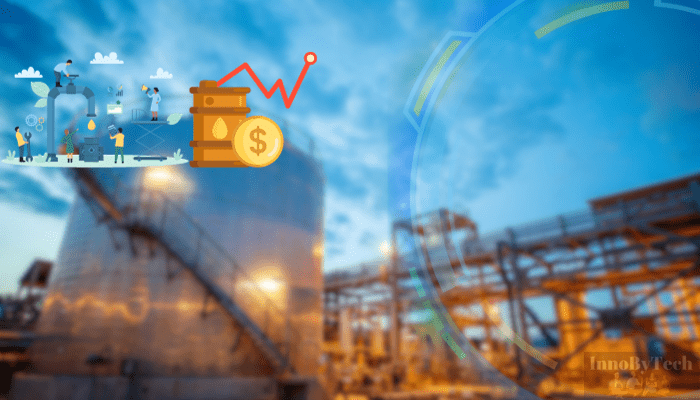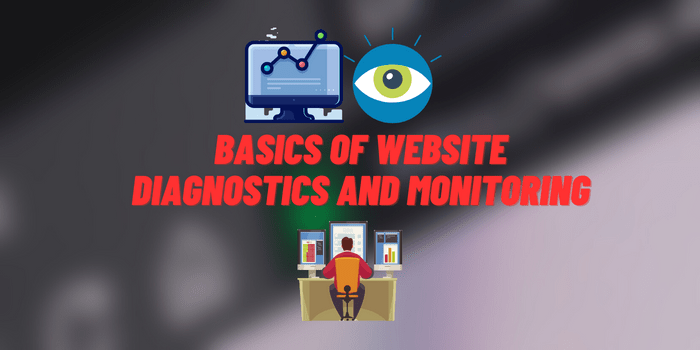Digitalization in Oil and Gas Industry
The oil and gas industry is a crucial pillar of the global economy. However, in recent years, the sector has faced various disruptions and the need for increased efficiency and innovation. This is where digitalization comes in. The digital transformation in oil and gas operations has the potential to modernize practices across the value chain.
Why Digitalization is Critical for Oil and Gas

There are several factors that make digitalization an imperative for the oil and gas sector:
- The global energy landscape is shifting rapidly. Renewables are rising and new market dynamics are emerging. Digitalization can empower firms to stay competitive and relevant.
- With fluctuating oil prices, there is pressure to cut costs and optimize productivity across exploration, drilling, production, processing, and distribution. Advanced analytics, automation, and IoT can enable this.
- There are growing concerns around safety and environment sustainability. Digital systems allow real-time monitoring and predictive maintenance to minimize risks.
- Companies that embrace digital transformation early will have a distinct strategic advantage over lagging competitors. It is key to long-term growth.
Key Areas of Digitalization

Digitalization is disrupting conventional oil and gas practices across the upstream, midstream, and downstream value chain:
Exploration and Production
- Advanced data analytics, ai in oil and gas help predict lucrative exploration sites and drilling locations by identifying unseen patterns and insights.
- Improvements in seismic imaging through digital systems provide enhanced subsurface visualization and detection of reserves.
- Digital twins act as virtual representations of physical assets like oil fields and allow accurate modeling and simulation of reservoirs.
Refining and Processing
- Automating pipeline networks and leveraging IoT connectivity improves monitoring efficiency, reduces losses, and enhances safety.
- Refineries are optimizing yields and reliability through integrated sensors, predictive maintenance, and coordinated workflows.
- Real-time data enables continuous process enhancements and balancing supply-demand effectively.
Distribution and Retail
- Digital platforms enhance customer experience and enable transparent fuel pricing and delivery.
- Smart grid management solutions integrated with renewables and EVs help optimize last-mile distribution.
- Advanced analytics provides actionable insights on customer behavior and emerging consumption patterns.
Modern Implementations of Industry Giants

Industry leaders like Shell, BP, and ExxonMobil have successfully adopted digitalization and demonstrated measurable results. Shell’s Autonomous Integrity Recognition system cut inspection times by 90% using robotics and machine learning.
BP’s Field of the Future program uses digital twins to enable remote collaboration and real-time decision making. Production costs dropped by 30%.
ExxonMobil deployed sensors across its refineries to monitor equipment health and avoid unplanned shutdowns. Reliability improved by 20%.
The Digital Horizon

The evolution of new technologies will persist in driving the digital transformation of the oil and gas industry.
- AI and machine learning will be integral for maximizing value from data.
- Blockchain enables secured data sharing across value chain partners to build trust.
- AR/VR solutions can transform training, maintenance, design, and real-time support.
- Cloud platforms allow seamless data management, mobility, and collaboration.
As the industry embraces this digital transformation, it will unlock greater efficiencies, sustainability, and innovation. Companies must re-strategize to thrive in the new digital era. The future for oil and gas is undoubtedly digital.
Endnotes
The increasing incorporation of tools such as analytics, IoT, platform-based solutions, and automation within the oil and gas supply chain underscores the industry’s impending digital era. With shifting global landscapes and intensifying competitive challenges, embracing digital solutions is crucial for the longevity and triumph of entities in this field. Early adopters stand to gain a competitive edge. Prioritizing digital advancements is essential for the forward momentum of the oil and gas sector.






